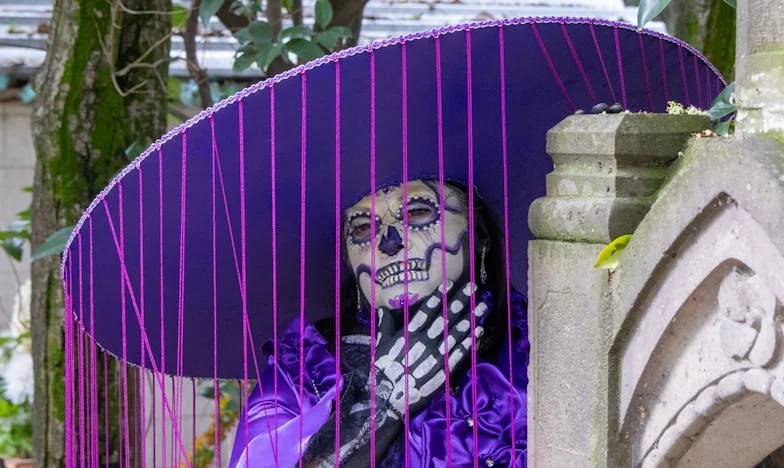The Day the Neighborhood Turned Its Back: A Story of Trust and Betrayal in Suburban Ohio
“You can trust us, Megan. We’re family here.” That’s what Janet said the night we moved into the cul-de-sac, her arms wrapped around a plate of homemade brownies. I remember the sun dipping low over the maples, my kids’ laughter echoing down the street, and the way my husband, Ben, squeezed my hand, as if to say, “See? I told you we’d find our place.”
For years, it felt like we had. Every Fourth of July, our yard was the epicenter of fireworks and laughter. Potlucks, block parties, Christmas light contests—we were all in it together. Janet and Mark, the couple next door, became more than neighbors; they were family. When Ben broke his leg on a ski trip, Mark mowed our lawn without being asked. When their teenage son crashed the family car, I sat with Janet over coffee, listening, commiserating, reassuring her that kids make mistakes.
But life, I’ve learned, doesn’t care how many casseroles you bake, or how many times you watch someone’s dog when they’re out of town. It can turn in an instant, and when it does, you see who stands beside you—and who walks away.
It started like a slow leak. Ben came home from work, his face tight, lips pressed together. “Another round of layoffs. They’re saying my department might be next.” I tried to reassure him, but the fear clung to us, settling into our bones.
The day he lost his job, I sat at the kitchen table, staring at the bills stacked up like taunts. Mortgage. Car payments. The twins’ braces. I called Janet, my voice trembling. “I don’t know what we’re going to do.”
She listened, her words kind but distant. “Don’t worry, Meg. Something will come up. You guys always land on your feet.”
But weeks passed. Ben’s confidence drained away, and I watched him shrink into himself. I picked up extra shifts at the pharmacy, but it was never enough. The invitations dried up. At first, I thought it was just the winter, but one evening I caught sight of Mark and Janet hosting a barbecue—without us. I stood at the window, invisible, while the laughter floated across the yard.
One afternoon, I overheard whispers at the mailbox. “It’s so sad. But you know, Ben never really seemed like a go-getter.” “I heard Megan’s been late on the mortgage. Did you see the foreclosure notice?” I froze, shame burning through me. I wanted to scream that we were doing our best, that sometimes life is just unfair, but my words stuck in my throat.
The final blow came in the spring, when the HOA announced a new neighborhood improvement fee — $600 per household for landscaping. We didn’t have it. I went to the meeting, my voice trembling as I explained our situation. Janet wouldn’t meet my eyes. Mark said, “We all have to do our part, Megan.”
I left the meeting in tears, feeling smaller than I ever had. That night, Ben and I argued. He was angry—not just at the neighbors, but at himself, at me, at the world. The kids heard us shouting and I saw the fear in their eyes. This wasn’t how it was supposed to be.
Days bled into weeks. No one offered help. No one stopped by. I saw Janet at the grocery store and she turned away. The community that once embraced us had cast us out, as if our hardship was contagious.
Eventually, we sold the house. Packed up our lives into cardboard boxes. On moving day, the street was quiet. No one came to say goodbye. I watched our old home disappear in the rearview mirror, the memories of laughter and shared secrets now tasting bitter on my tongue.
I still don’t understand how things fell apart so quickly. Was it fear? Embarrassment? Or did we only ever matter to them when things were good?
Now, in our small apartment across town, I find myself replaying those moments. I wonder: How do you rebuild trust in a world where loyalty seems so conditional? Would you have turned away, too?
